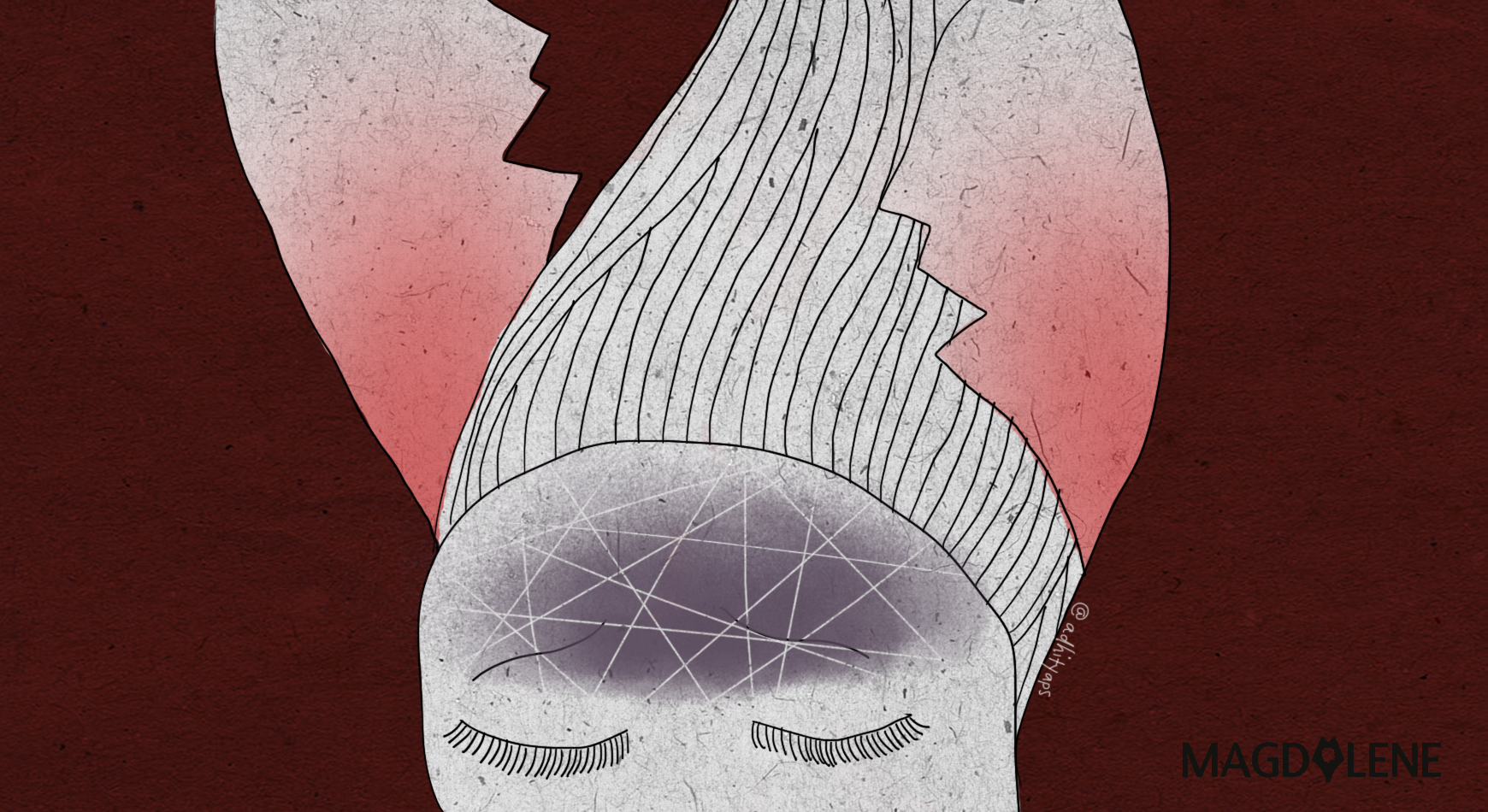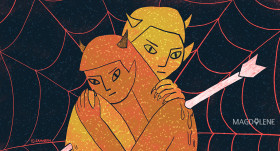My friends and I always try to create an environment in which we get to be outspoken about our thoughts, opinions, and our relationship with each other. We agree that being blunt can be necessary, at least most of the time. My friends believe in the productiveness of being open to one another. Some more than the others. These are highly knowledgeable, progressive and intelligent people who are able to argue logically and elaborately. But they are not perfect.
One time during our conversation, I felt that some of them were being condescending to me. In the heat of the moment, I spoke in an emotional tone, and I felt that this was natural. Later, when we had a chance to talk about it, I told them that what they did had made me feel dismissed and disrespected. I said that in the spirit of being open and also to explain why I had reacted in an emotional way. As an outspoken woman, I talked passionately and I showed my emotion.
After a long and elaborate rant, I felt good for being true to myself, rather than feigning being “tough” and pretending that they had not upset me. And then one of them remarked that I was just being “baper,” to which others nodded in agreement. “Baper” is a slang word, short for “bawa perasaan.” It means taking something too personally, or being too emotional.
I became silent, as I was holding back tears, and I gave in after my two male friends shifted the focus of the discussion to my emotional state. They disappointed me. I had thought that respected and intelligent people like them would see the importance of treating other human beings decently. But I was most disappointed with myself for submitting to that sexist remark.
The subtle sexism behind that statement actually did not occur to me until a little pondering. This is because as someone who is privileged to live among a group of intelligent people, I was a victim of an ideology that places logics and rationality over everything. They are not. But more importantly, that is a narrative that is too often utilized to incriminate women, the same way people police the tone of African-American women to silence them.
Women have come a long way, but that doesn’t mean society has stopped wrongly-portraying women as emotional and irrational beings. This thinking extends to how society discredits the idea of emotions simply because it is associated with women. The problem is not just the wrong assumption that women are always emotional, but also that we demonize emotion because it is perceived as too “womanly”—something we should not support nor perpetuate.
I notice that the dilemma here. You may think that to fight stereotypes women must show that we can be rational and logical—because we can. That’s definitely not wrong. What I’m saying is that we must be open to the idea that we can be logical while still having sentiments. We do not need to discredit sentiments to be considered rational or logical. We defy the idea that sentiments are bad, not the sentiments themselves.
You are not supposed to be deemed less intelligent for having emotions. If anything, you are much more intelligent by incorporating emotions to your way of conduct and thinking. Smart people should speak up when they are emotionally attacked, not shut down their emotions. By the same token, smart people should know that other people’s emotions are not something to make fun of.
I believe that intelligence does not come with the privilege to tell other people what to do, how to feel, or how to behave. Intelligence is a privilege that obliges you to adjust to other people, because you are able to calculate the benefit being adaptable gives to society in general. Intelligence should mean that you know better than to silence others by imposing a patriarchal standard of social conduct.
If your feelings are being hurt, stand up for them. No one should invalidate your feelings. Because that’s just sexist.
Rachel Diercie is studying French in University of Indonesia. She is a peculiar introvert, a sucker for literature, an activist for suicide prevention, and a girl whose sense of progressiveness and feminism was awakened by debate.








Comments